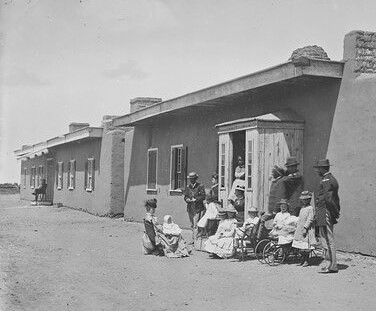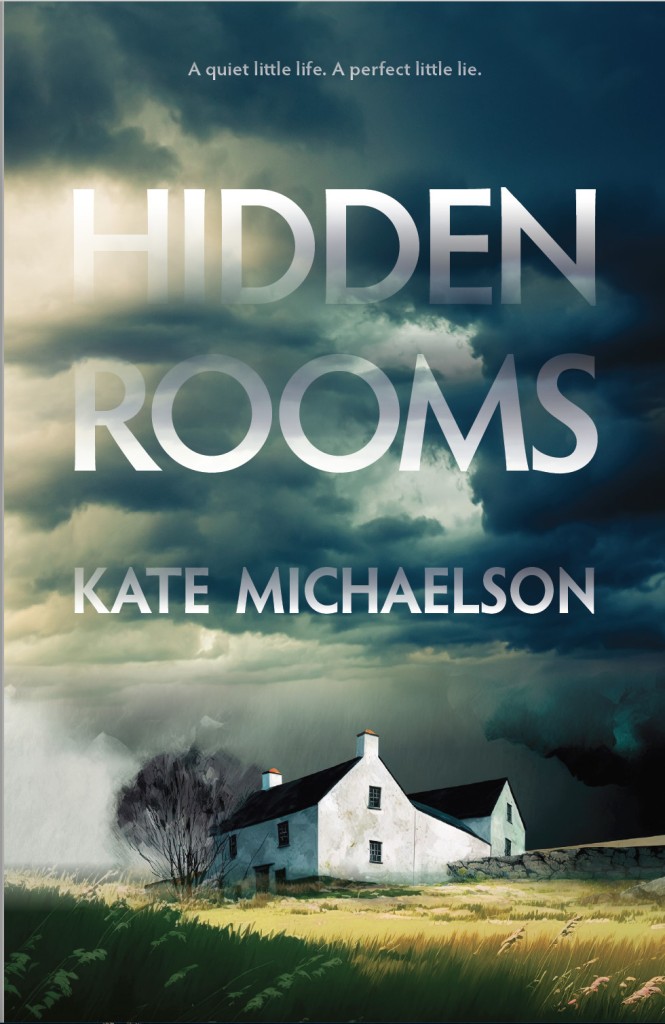I finished book 12 in my Gabriel Hawke series two weeks ago. This is the first book that when I finished, I didn’t have any doubts that I had forgotten something or that it dragged in places or that it wouldn’t sit with some of my readers. I finished this book with a smile on my face feeling as if it was a good book. Not all books feel that way when I finish.
Many writers understand this. There are very few books that when I have it ready to go to my CP and beta readers that I feel I captured everything I wanted and gave all the right clues and nailed the characters. Even the killer. I figure the places that I’m worried about they will see, and I can fix them.
As usual this was what I call my first draft. Over the decades of writing and having published 58 books, not counting the 7 that never made the cut to being published, this was the first time I finished without any doubts about the story. Having been writing this long, I have a system where I what I write the day before is where I start the following day. I begin where I started writing and read through, making changes to scenes, sentences, and words. So by the time I do type the last word in a book, it is the draft I send to my CP and Betas. After they read and send me their thoughts and suggestions, I do what I call the second draft. This one goes to my line editor. Who will also catch any wrong names, duplication of information, and my legal mistakes. From her, I go through it one more time, the 3rd draft, and send that to a proofreader. After I change what she finds, that is the final draft, and it is published.
Now I could be all wet and full of myself on this one, but so far, the beta readers have liked it and found little to comment on. Well, except for my retired police officer. And what he commented on wasn’t anything to do with police procedure. He didn’t like that Hawke kills a rattlesnake. He thought Hawke should have backed out of the cougar’s cave he was crawling into and waited for the snake to leave. I’ve thought about this since his text to me about enjoying the book other than that scene. I’ve bounced around different ways I could change the scene, but they don’t harken to the urgency that Hawke feels about finding more evidence.
My other beta reader liked the whole book. Didn’t see any problems with any of the story. She did catch some typos.
I’m waiting for my CP to get it back to me and see if she mentions the snake scene. I felt Hawke was doing what he needed to do to keep him and Dog safe while they finished their search of the cave. A small area that they couldn’t have avoided being bitten by the snake if they moved around inside upsetting it.
The scene will stay as is. And the book that when I finished felt right and made me smile, is available for pre-order.
This double cold case and current homicide have Oregon State Police Fish and Wildlife Trooper Gabriel Hawke calling in favors… and exploring a childhood he shoved into the deep recesses of his mind.
While patrolling on the Snake River in Hells Canyon, Gabriel Hawke’s dog digs up a human bone. Hawke is confronted by an aunt he doesn’t remember, and he finds a canister of film when the rest of the remains are excavated. The film shows someone being killed and a rifle pointed at the photographer.
Going through missing person files, Hawke discovers the victims of the
decades-old double homicide. A person connected to the original crime is
murdered, giving Hawke more leads and multiple suspects.
Attending a local Powwow with his family, Hawke discovers more about his childhood and realizes his suspects have been misleading him.
Pre-order: https://books2read.com/u/bQGkXw














You must be logged in to post a comment.